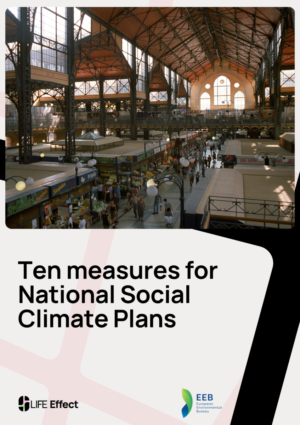
Joint policy recommendations for better EU chemical safety laws
CIVIL SOCIETY ORGANISATIONS TOGETHER FOR EUROPE:
THE EUROPEAN GREEN DEAL MUST REVITALISE EU CHEMICALS POLICY TO PROTECT EUROPEAN CITIZENS AND ENVIRONMENT
The impact of toxic and persistent chemicals on our health and environment
All sectors of our economy rely on the use of synthetic chemicals. Chemicals can bring benefits to our society, but many also contribute to the rise in severe health problems across the EU and the strain on Europe’s ecosystems. Chemicals of concern are ubiquitous in the food we eat, the water we drink, in our homes, at work and in our environment. Every new-born baby is now born ‘pre-polluted’ with a cocktail of industrial chemicals; toxic and even banned chemicals are frequently present in the products we use every day, while chemical pollutants are detected in the most remote and unexpected parts of the planet, from the deepest oceans to the highest mountains.
The long-term impact of this ubiquitous exposure is not fully understood. Scientists however increasingly link certain synthetic chemicals to a range of neurodevelopmental disorders as well as chronic and severe diseases, such as allergies, diabetes, fertility problems, obesity, and cancer. Chemicals in the working environment are a leading cause of occupational diseases and deaths in the EU. The pervasiveness of chemical pollutants in our environment threaten a wider ecosystem collapse.
Chemical pollution negatively impacts our economy. For example, in the EU, the cost alone of human exposure to endocrine disrupting chemicals – a diverse group of substances which can disrupt the hormonal system – has been estimated at 157 billion Euros per year. The cost of work-related cancers is estimated to be between €270 and €610 billion each year – or between 1.8% and 4.1% of the EU’s annual gross domestic product.
The EU must act now to protect its citizens and environment.
EU surveys show that around two-thirds of European citizens are concerned or very concerned about their exposure to chemicals in everyday products. Less than half of respondents (45%) feel well informed about the potential dangers of the chemicals contained in consumer products…






